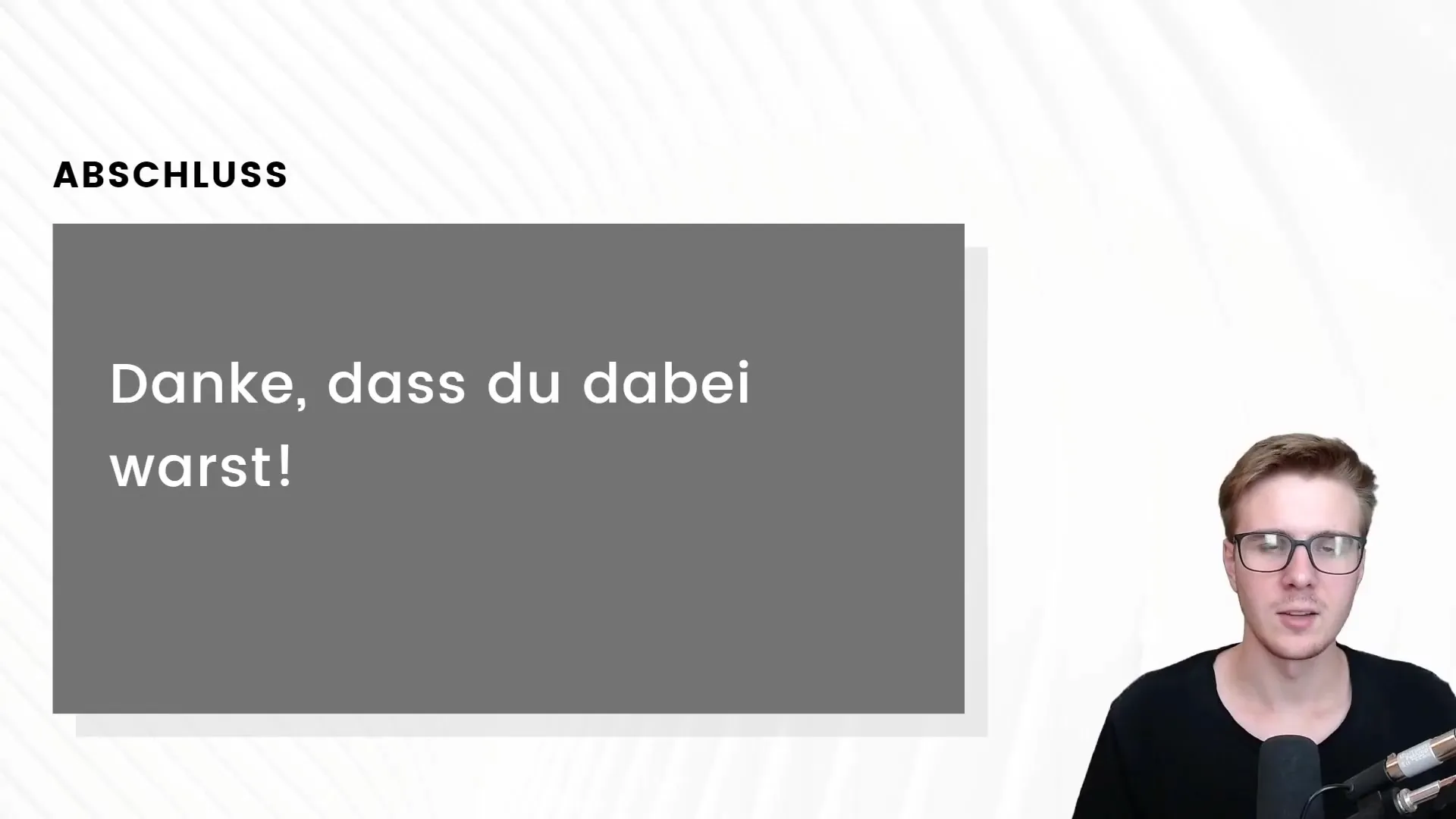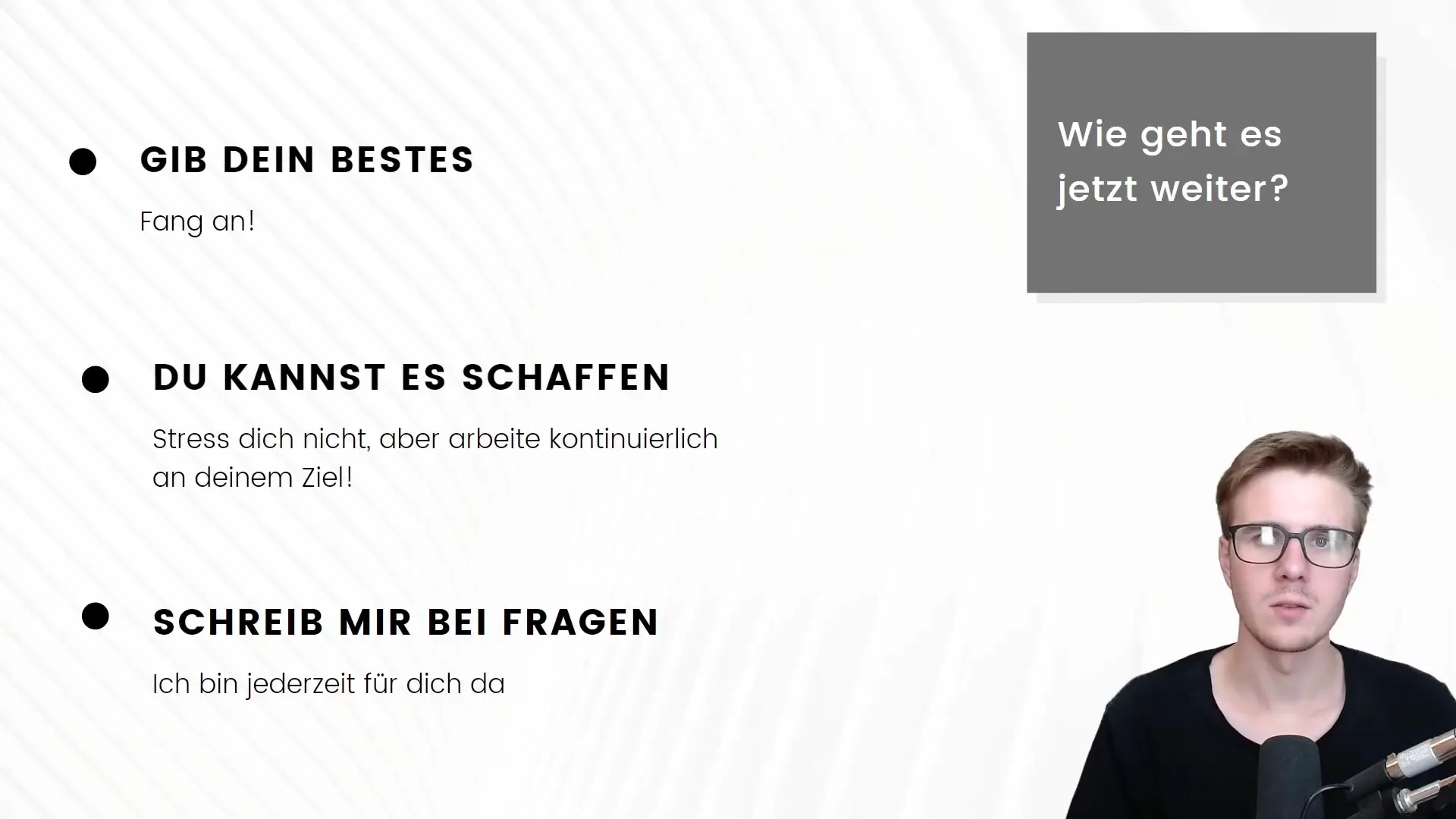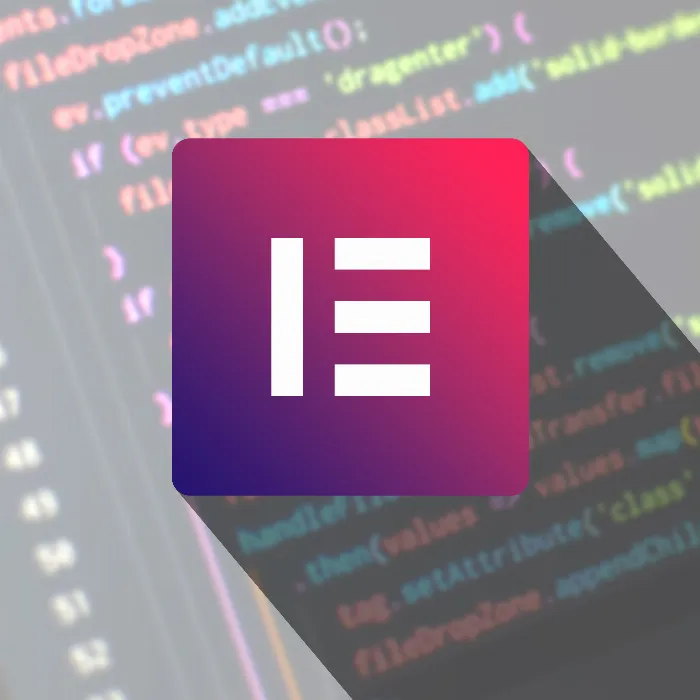The completion of a course is often the most exciting part of a learning journey. Here you will receive a compact summary of the key points and a clear view of how you can effectively put your newly acquired knowledge into practice. Even though this is the last step in this particular tutorial, the path of learning does not stop here. Let's find out together how you can shape your next steps.
Main Insights
- Theory alone does not lead to success. Apply your knowledge into practice.
- Schedule regular study sessions to make continuous progress.
- Do not hesitate to ask questions and seek support.
Step-by-Step Guide
1. Gain practical experience
After completing this course, the next important step will be to apply the knowledge in practice. You have learned many theoretical contents, now it's time to put them into practice. If you only watch or read, you will not achieve the results you desire.

It is crucial that you find projects to work on. Whether it's a small blog, a portfolio site, or creating new designs for clients, every practical application helps deepen and solidify your knowledge.
2. Schedule regular study times
I recommend dedicating some time every day to learning and experimenting with your new skills. As I have found in my own learning process, half an hour to an hour daily is often more effective than long, once-a-week study sessions. This allows you to process and consolidate the newly acquired knowledge.

A daily routine creates a consistent practice experience that helps your brain better process the knowledge. Consider scheduling fixed times to engage with Elementor and your projects.
3. Breaks and Relaxation
After completing the course, it is also beneficial to take a short break. Let your mind rest before moving on to new content. This break gives you the opportunity to reflect on and better process what you have learned.
When you are ready to tackle new topics, you will be well-prepared and radiate newfound knowledge. Even after a short break, it is important not to forget the content you have already learned and to apply it.
4. Seek support when facing questions
Learning can sometimes be challenging, and it's important not to go through it alone. If you encounter questions or problems, do not hesitate to ask for help. You can ask questions anytime, whether in forums, social media groups, or directly via email.
I am available to you if you have specific questions. You can write me an email, and I will typically respond in a few days or even minutes depending on my availability.
Summary
The end of a course is not the end of learning; it is rather the beginning of a new journey. As you implement the learned skills into practice, schedule regular study times and do not hesitate to ask for help wherever you need it. In any case, I wish you success on your continued path!
Frequently Asked Questions
What should I do after this course?Put your learned knowledge into practice by starting your own projects.
How much time should I allocate daily for learning?Schedule half an hour to an hour daily to study regularly.
Where can I ask questions when I need help?You can write me an email anytime, I am happy to help you.
How long should I take a break before learning new content?A short break of a few days can help process the learned material.

